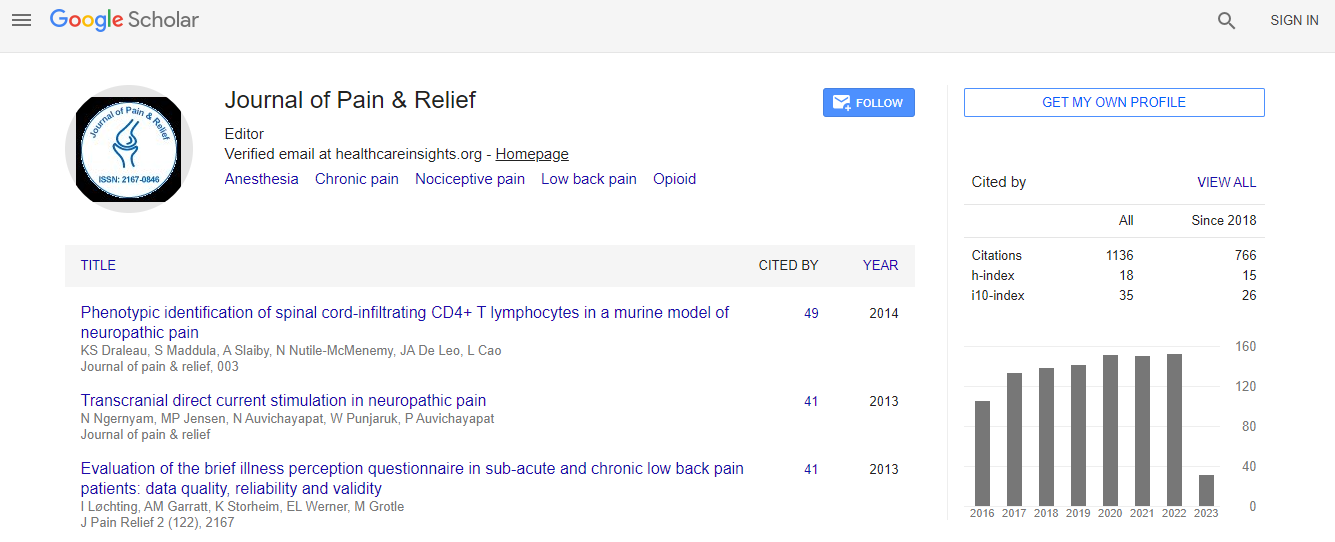The Magnitude and Intensity of Physical Pain, Common physical and Psychological Symptoms among adult Cancer Patients in Ethiopia.
Abstract
Background: In sub-Saharan Africa (SSA), urgent action is needed to curb a growing crisis in cancer incidence. Without rapid interventions, data estimates show a major increase in cancer mortality from 520-348 in 2020 to about 1 million deaths per year by 2030. Despite a large increase in cancer cases, most Sub-Saharan African countries have inadequate palliative care services and research on the subject. Palliative care is the primary stay of treatment for all non-communicable diseases, including cancer. Physical pain and psychosocial symptoms are the two most common and essential symptoms for most persons in need of palliative care. Treatment of physical pain, symptoms, and psychological symptoms in cancer patients improves their quality of life at any stage of the illness. Objectives: The study aimed to determine the magnitude and intensity of physical pain, as well as common physical and psychological symptoms among adult cancer patients in Ethiopia. Methods: A total of 272 cancer patients were surveyed with stratified sampling methods. Quantitative; A hospital based cross sectional study was conducted in Addis Ababa starting from September 22 to October 27, 2022 in selected health facilities. Completed the memorial symptoms assessment scale form in addition to demographic and disease oriented variables. Result: A total of 271 cancer patients participated in the study. Most of the respondents, 162 (59.6%) had physical pain, among these 78 (28.7%) had severe to worst pain, and 56 (20.6%) had moderate pain. With regard to physical symptoms, 182 (67.3%) of patients have drowsiness, most of the patients 116 (42.6%) had mild depression. 204 (73.4%) had tiredness symptoms, 156 (57.7%) of the patients had nausea symptoms, 92 (34.2%) had shortness of breath, and 179 (66.2%) of the cancer patients had loss of appetite. With regard to psychological symptoms magnitude and intensity, 53 (15.9%) of the cancer patients had mild anxiety, 87 (26.1%) of the patients had moderate depression symptoms, 100 (30%) of cancer patients had moderate insomnia and 22 (6.6%) of the patients had high risk of severe suicidal ideation. Conclusion: This study sheds light on the considerable burden of physical pain and associated physical and psychological symptoms faced by adult cancer patients in Ethiopia. The findings emphasize the need for comprehensive pain management strategies tailored to different cancer types and stages, as well as interventions to address the psychological well-being of patients. Improved pain assessment and symptom management are essential components of holistic cancer care, aiming to enhance the quality of life for cancer patients in Ethiopia.

